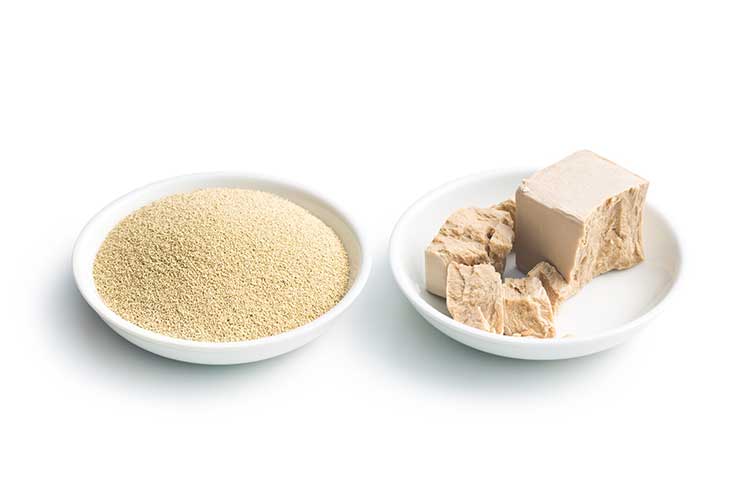Depression is as bad for the heart as obesity or high cholesterol. Men could also suffer from postpartum depression after the birth of their baby. Read more here…
Postpartum depression affects men too
Men could also suffer from postpartum depression after the birth of their baby. Research has shown that as many as one in ten new dads struggle with depression after childbirth. New dads, like new moms, can experience mood-altering hormonal changes, such as extreme fatigue
and changes in eating or sleep habits. Although men are less likely to be weepy, with postpartum depression they may need family support along with professional treatment, including psychotherapy, medication and exercises. Men who are most likely to develop postpartum depression include those who have struggled with depression or have a family history of the condition, and also those who feel distanced from their baby and the mother of their child.
Too much sitting can age you

Sitting too much can age you by eight years, says a study, which also found that this effect could be countered with dedicated exercise. Sitting too much during the day has been linked to a host of diseases, from obesity to heart problems and diabetes, as well as early death. Scientists traced the impact of sitting on the chromosomes; they studied chronic diseases in post-menopausal women, and focused on the telomeres (an essential part of human cells that affect how the cells age). They found that women who did not meet the recommended 30 minutes of moderate-tovigorous physical activity daily had shorter telomeres than those who spent less time sitting everyday. This meant that inactive women who spent more time sitting were about eight years older, on average, than those who were inactive but spent less time sedentary.
Depression is bad for heart

Depression is as bad for the heart as obesity or high cholesterol. Although heart attacks are commonly associated with smoking, high cholesterol or obesity, new research suggests that depression poses just as great a risk to the heart. Depression accounted for about 15 per cent of cardiovascular and coronary heart disease deaths, while high cholesterol and obesity accounted for 8 per cent to 21 per cent. Mental-health screenings should be standard in patients who have classic heart disease risk factors, researchers advice. Conversely, suffering from a serious heart condition could also lead to depression; in turn, depression can impair recovery.
Baker’s yeast to treat leukaemia

Acute lymphoblastic leukaemia (ALL), the most common form of childhood leukaemia, could be treated with baker’s yeast enzyme, says a study. Researchers have revealed how a compound isolated from baker’s yeast can help to treat the disease. According to a co-author of the study, an enzyme isolated from the bacteria, ‘Escherichia coli’ and ‘Erwinia chrysanthemi’ (called L-asparaginase), has been used in the treatment of ALL for decades. The team found that the
purified, yeast-derived L-asparaginase killed approximately 70-80 percent of MOLT4 cells, compared with 90 percent for E. coli-derived L-asparaginase.
Drink coffee for longevity

Coffee drinkers may live longer, says a recent study. Researchers have revealed the discovery of an inflammatory process that might drive the development of cardiovascular disease later in life. They also found that caffeine consumption could counter this inflammatory process. Coffee, tea, soda, energy drinks and chocolates contain caffeine – a compound best known for its brain- stimulating abilities. There is, however, much more to caffeine than simply providing a morning energy boost. Researchers say that they may have pinpointed one way by which caffeine consumption increases lifespan, and it may be down to its anti-inflammatory properties.
Parkinson’s treated with shark compound

Squalamine, a chemical compound found in dogfish sharks, has the potential to reduce the formation of toxic proteins related to the development of Parkinson’s disease, new research suggests. Parkinson’s disease is a progressive condition characterised by tremors, movement problems, limb stiffness, and problems with balance and coordination. While the precise causes of Parkinson’s remain unclear, studies have suggested that the buildup of synuclein in the brain could play a role in its development. Squalamine has been shown to possess strong antimicrobial properties.

